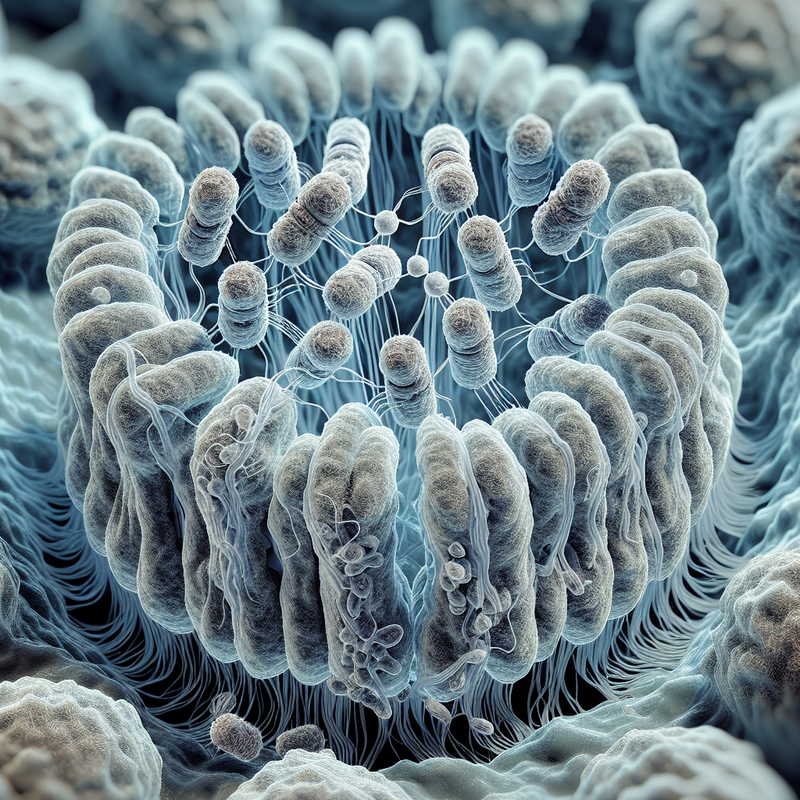Exploring the Mysteries of the Centromere
The pursuit of understanding the centromere’s intricate role in cell division has been advanced by scientists from the University of Edinburgh along with colleagues from Ludwig-Maximilians-Universität München. Their collective efforts have shed light on the centromere’s resilience, which is pivotal for cell division—a fundamental aspect of life.
The Essential Role of the Centromere in Cell Division
Located at the heart of chromosome stability, the centromere ensures the accurate division of genetic information. It’s the central point where cellular division components latch on to disperse a cell’s genetic blueprint equally into offspring cells. Its integrity is of utmost importance; disturbances in centromere function can have dire consequences, potentially leading to conditions such as cancer. Professor Jeyaprakash Arulanandam, the study’s principal investigator, emphasizes, “Incorrect positioning or absence of centromeres disrupts the equitable allocation of genes.”
The breakthrough in this research centers on the identification of PLK1, a protein which serves as a cornerstone in the protection of centromere integrity. PLK1 triggers a cascade of events that guarantee the correct positioning of a key protein, CENP-A, marking the centromere’s position on all new cells.
Maintaining the Fidelity of Genetic Information
Acting as a crucial molecular trigger, PLK1 sets off the restoration of CENP-A following cell division. According to lead author of the study, Pragya Parashara, “PLK1 sparks a chain reaction, paralleling a team relay race, dictating the interactions and timing of essential proteins.” This sequence is vital for the centromere’s functionality and seamless transfer of genetic material across cell generations.
An understanding of the Mis18 protein complex was expanded during this study, as the team examined how PLK1 alters its components chemically. These modifications act as a signal, propelling the Mis18 complex into action and aligning another protein, HJURP, to the centromere. This precision in the delivery of CENP-A upholds the centromere’s key role.
Discoveries with Far-Reaching Implications
This discovery is a significant stride in answering profound questions about life’s persistence and could influence our grasp of diseases linked to replication errors in cells. “Faulty cell division in adults might lead to various diseases, including cancers; in early development, it could result in congenital anomalies,” explains Professor Arulanandam.
The study, appearing in the journal Science and headlined “PLK1-mediated phosphorylation cascade activates Mis18 complex to ensure centromere inheritance,” benefited from the financial backing of Wellcome, the European Research Council, and the Medical Research Council.







